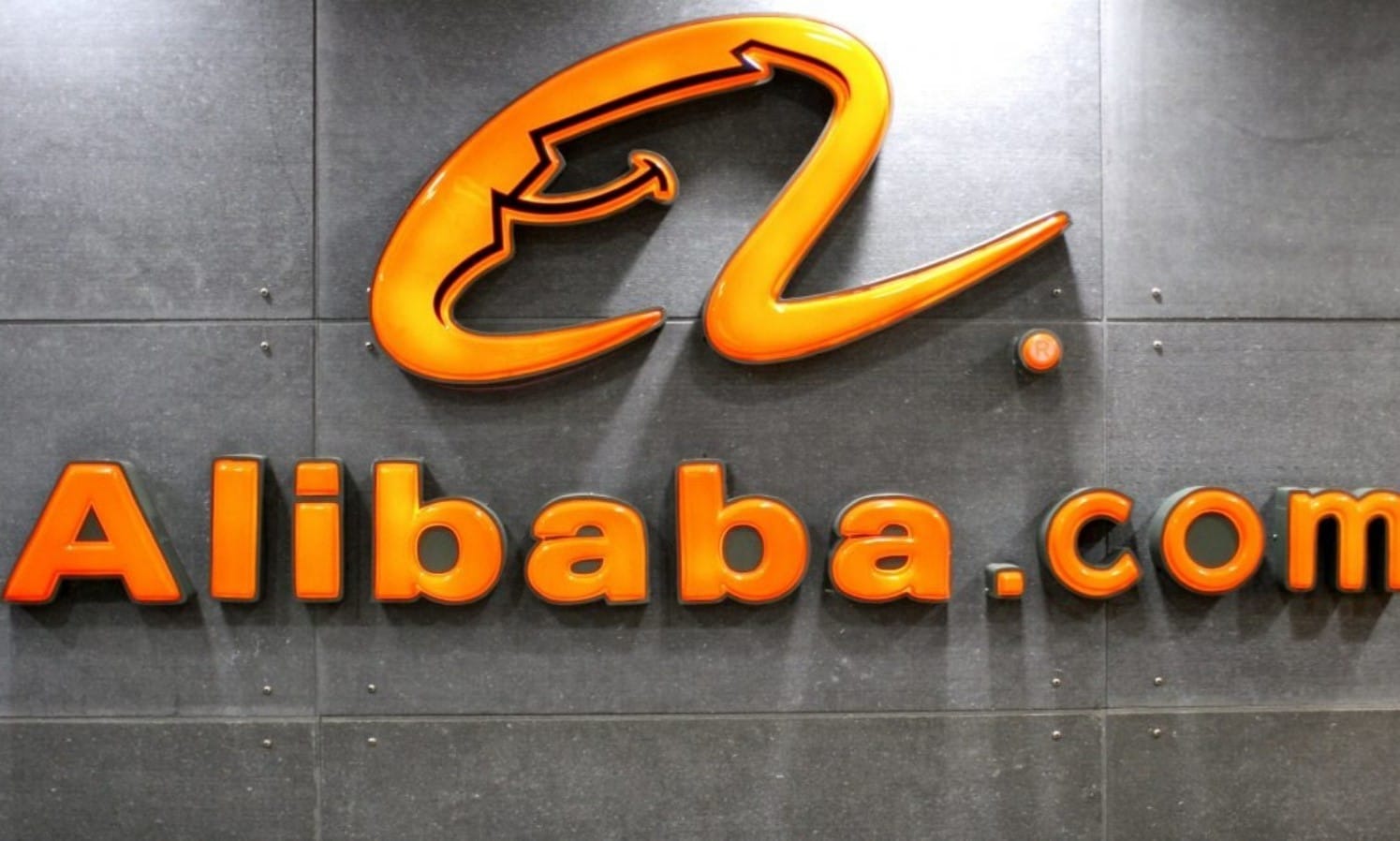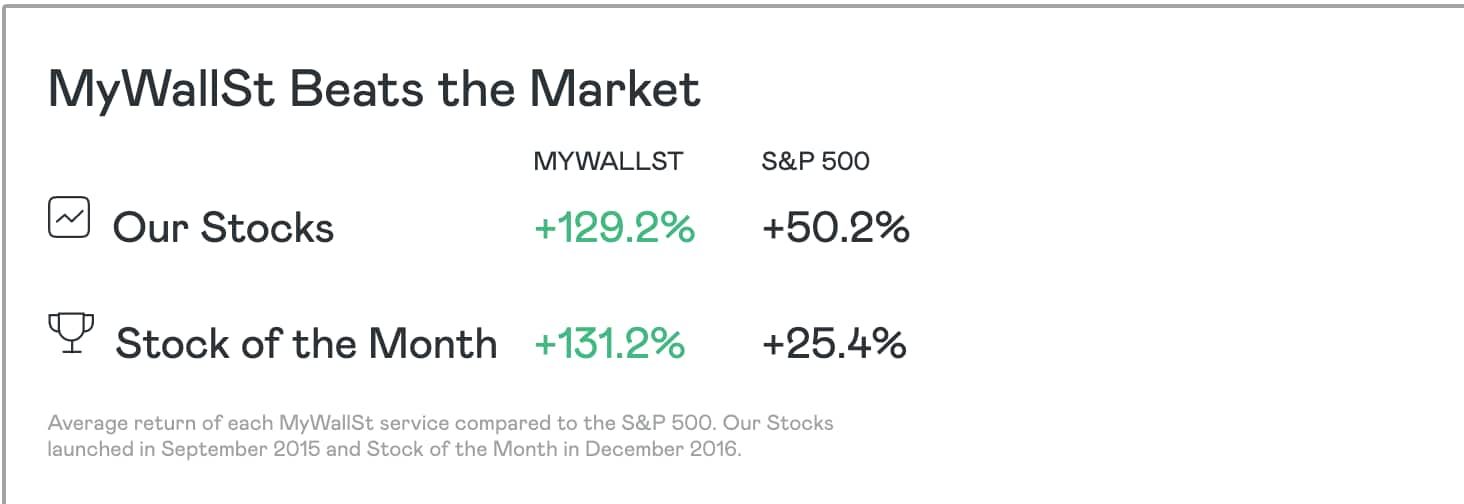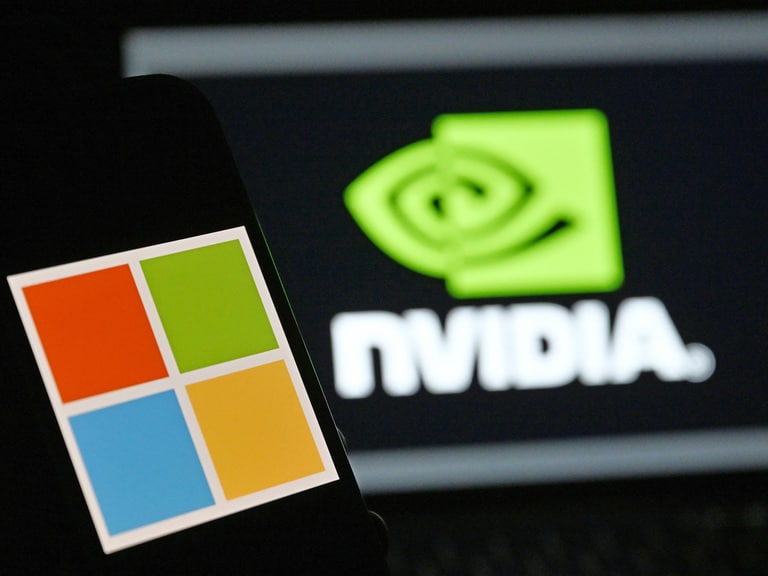What is going on with Alibaba (NYSE: BABA) right now?
This article was originally published on MyWallSt — Investing Is for Everyone. We Show You How to Succeed.
Once the darling of Wall Street, the firm held a record-breaking IPO on the New York Stock Exchange in 2014 where it raised a staggering $25 billion. Now, issues are cropping up from all directions.
For an investor in this company, the plethora of problems that seem to plague Alibaba and its affiliate businesses present a worrying trend. Thus, we ask if investors should ignore the present existential crisis, or if a cautious attitude should be adopted when considering Alibaba stock.
An Ant-sized problem
Throughout 2020, tensions between the U.S. and China simmered as President Trump continued to implement a stricter stance on foreign-owned companies that do not fully comply with American regulations. TikTok was a major example of this crack-down, with an outright ban threatened if it did not succeed in gaining U.S. ownership.
Since December, moves have been made to delist many Chinese companies from the U.S. stock exchanges. With many sighs of relief, Alibaba, Tencent, and Baidu were excluded from any potential ban as the economic ramifications of such actions would have been too widespread.
But in Alibaba’s home market, China, the company and its affiliate Ant Group have also been subject to regulatory moves. In October, Ant Group was supposed to dual-IPO on the Shanghai and Hong Kong stock exchanges in what was supposed to be the world’s biggest IPO — $34.5 billion was to be raised. Yet, on the eve of the event, it was ‘postponed’, after Bejing moved forward with its tightening of regulatory bottlenecks that will now force the Ant Group to re-evaluate its business model.
However, the Chinese government then announced on December 24 that it would be carrying out an antitrust investigation into Alibaba and Ant Group — of which Alibaba owns a 33% stake — for monopolistic business practices. On December 26, the Chinese Central Bank issued a rare rebuke of the company.
Beijing has always been cautious when it comes to antitrust or regulatory probes, but when they are carried out, fines of up to 10% of annual market revenue can be given. This means that Alibaba could be subject to a fine of around $7.7 billion. There is also the potential of its many holdings being split up or becoming quasi-state owned. For a company this complex and large, there is no knowing what the outcome will be.
Meanwhile, Jack Ma, the founder of Alibaba as well as co-founder of the Ant Group, disappeared from the public eye following the failed Ant IPO. As the main face of both these companies, his disappearance was notable and worrying for investors. He has since reappeared — 3 months later — participating in an online ceremony for 100 rural teachers.
With all this hanging over Alibaba as a company, many investors might be questioning if it is worth the risk.
What investors need to remember
Troubling as all this is for a company that previously seemed contested only by Jeff Bezos in its attempts at world domination, investors should keep in mind the impact that Alibaba has had on Chinese society overall. Alibaba is currently No.9 on a list of China’s largest companies, sitting behind several banks and infrastructure companies. Sitting amongst such pillars of infrastructure shows just how woven into the fabric of Chinese society Alibaba is.
Furthermore, China’s ‘Singles Day’ sale in November doubled its revenue intake from the same day a year before to $74 billion. We should remember that it also has businesses in food delivery & lifestyle, digital media & entertainment, as well as its cloud computing services. With many fingers in many pies, this company looks a lot like Amazon. No matter what antitrust consequences it faces, it is not going to be easy to take this giant down.
For issues in the U.S., the antitrust regulations in China will also have an impact, particularly if it becomes partially state-owned. With the Biden administration, perhaps the tensions between these two countries will ease off, but investors should be careful if relations fail to improve.
2021 will be a difficult year for Alibaba, Ant Group, and Jack Ma. For investors, with so much up in the air, only time will tell if this is a sinking ship or an opportunity for further investment as its stock price drops. One thing we do know is that this could indicate trouble further down the line for other large Chinese-owned companies such as Tencent and Baidu.
MyWallSt makes it easy for you to pick winning stocks. Start your free trial with us today— it's the best investment you'll ever make.
Disclaimer Past performance is not a reliable indicator of future results.
CMC Markets is an execution-only service provider. The material (whether or not it states any opinions) is for general information purposes only, and does not take into account your personal circumstances or objectives. Nothing in this material is (or should be considered to be) financial, investment or other advice on which reliance should be placed. No opinion given in the material constitutes a recommendation by CMC Markets or the author that any particular investment, security, transaction or investment strategy is suitable for any specific person.
The material has not been prepared in accordance with legal requirements designed to promote the independence of investment research. Although we are not specifically prevented from dealing before providing this material, we do not seek to take advantage of the material prior to its dissemination.
CMC Markets does not endorse or offer opinion on the trading strategies used by the author. Their trading strategies do not guarantee any return and CMC Markets shall not be held responsible for any loss that you may incur, either directly or indirectly, arising from any investment based on any information contained herein.
*Tax treatment depends on individual circumstances and can change or may differ in a jurisdiction other than the UK.
Continue reading for FREE
- Includes free newsletter updates, unsubscribe anytime. Privacy policy






